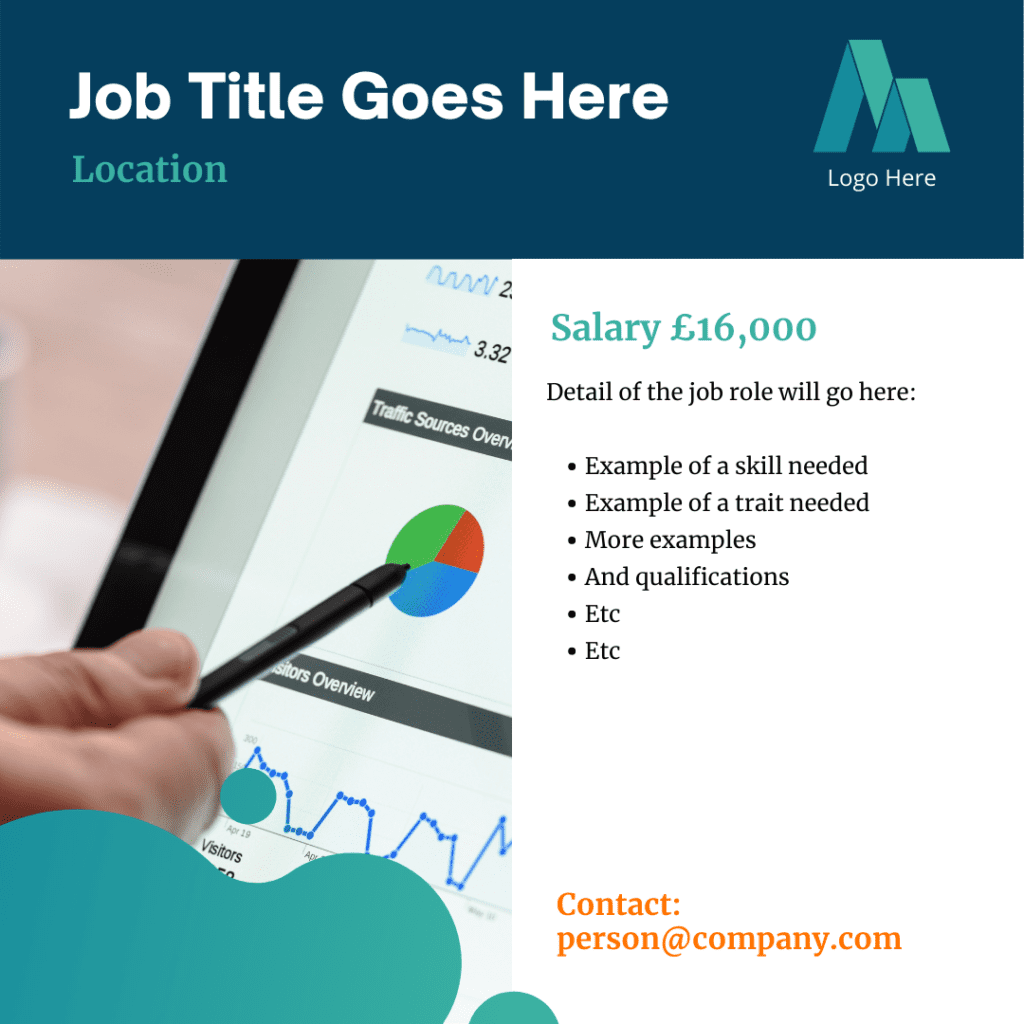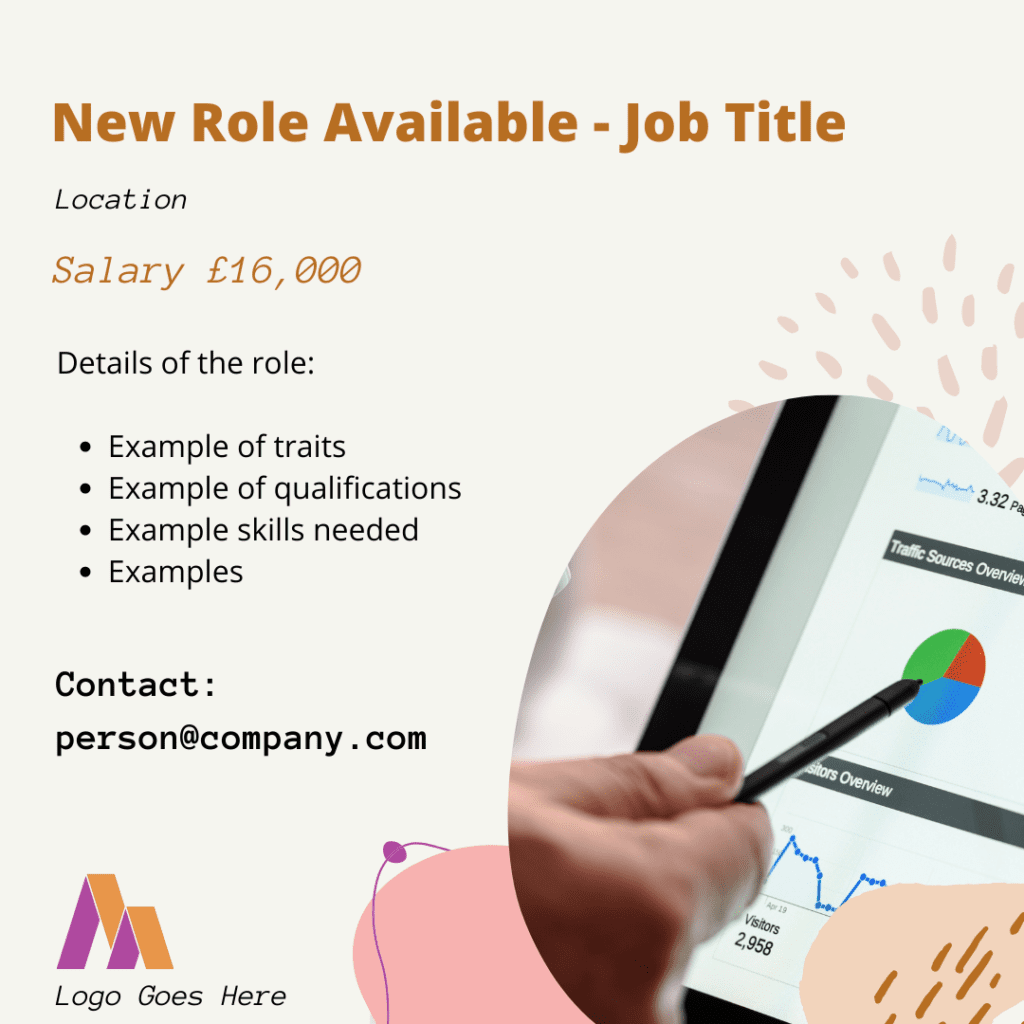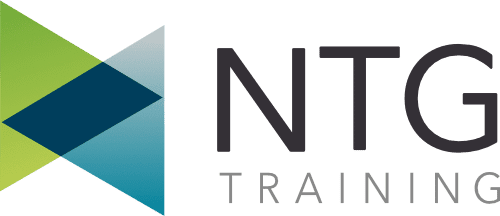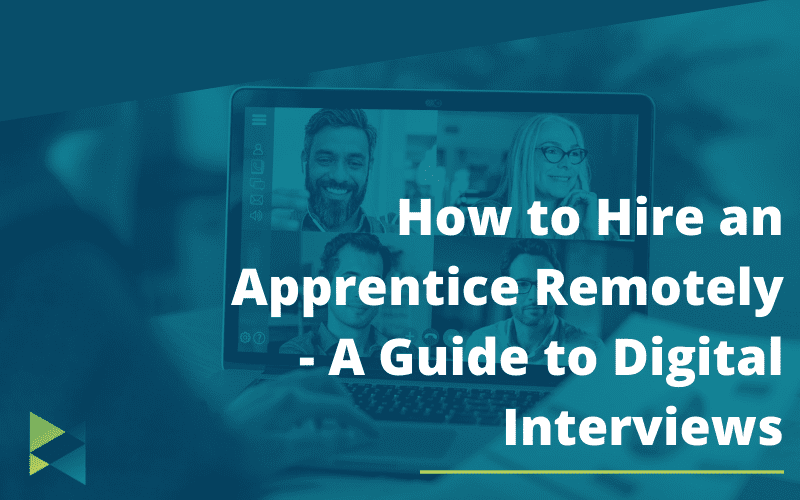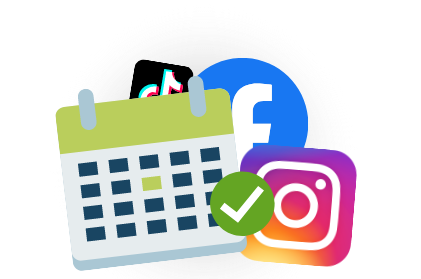Hands up if you’ve been part of a totally-online job interview during COVID-19 🙋.
It usually takes a crisis like COVID to initiate rapid adoption of a new concept in business. Although we’ve heard a lot of discourse regarding a shift to working out of the office, it wasn’t until recently it became a necessity we all had to adapt to.
But COVID isn’t the only reason you might need to speak to your potential new apprentice over Zoom – many are now recognising that offering a digital interview may offer up a much larger potential talent pool to choose from.
It’s an age old routine that we’ve all experienced – organising an interview at an awkward out-of-office hour, or pulling a ‘sickie’ to attend an interview you just can’t miss. It’s not ethical, but it’s sometimes the only option for many potential candidates.

Offering a digital interview however, will allow your candidate to squeeze in an interview during a break instead.
Digital interviews also allow for candidates who are open to the idea of relocating for their new role – whereas previously they might have struggled to make time for travel, there are less barriers to entry with online communication.
Let us also just take a moment here to say that if you work with NTG for your apprenticeship hire, we’ll do all the hard work for you. We’ll cover the advertising and the initial screening, so all you need to do is the actual interview!
What are the benefits of digital interviews for employers?
So, apart from the potential for a larger number of applications from skilled and appropriate candidates, a digital interview can actually offer plenty of opportunities to test an apprenticeship interviewee’s skills.
Plenty of technology start ups are now tackling the digital comms market, as remote working is heavily on the rise – that means there’s more digital resources to help you evaluate a candidate than ever before.
There’s now even widespread use of software that ‘reads’ CVs, then uses AI to identify the best potential matches to the role. There’s even a government approved piece of software called FiiLTER which is fully GDPR compliant.
Digital interviews and online filtering can help to refine down candidates for roles that have a large number of applications. Using tests, short meet-and-greet online calls and automatic CV filtering programs, employers can now ensure they only have to read through CVs from the best and most qualified candidates.
It’s important not to provide too many barriers to entry when hiring an apprentice as you’re looking for potential, not complete proficiency. However, when you advertise for an apprentice, you can receive a large number of applications as this type of role is highly in demand.

How To Utilise Digital Techniques to Get the Perfect Hire
… When Collecting Initial Applications
With the resources now available online, it’s entirely possible to get a high number of quality job applicants without paying a fortune.
It’s important to understand where your ideal clients will be searching. If you’re looking for a millennial or gen-z applicant, it might be wise to use Facebook’s jobs board, the National Apprenticeship Service, or a job board such as Indeed.
With more experienced candidates, you’re likely to find them on LinkedIn, or through specialised recruitment sites dedicated to the industry you’re part of.
All of these sites now offer various ways to filter through candidates at the first point of application. Indeed offers skill-based quizzes that candidates must pass, and you can add extra questions to the application process, such as having a candidate confirm they have the correct number of years experience or appropriate qualifications.
…When Conducting First Interviews
Most HR folk will agree that the first interview is more about getting to know the candidates personality, to see if they’ll fit in well with your company culture or gel well with your customers.
When hiring an apprentice, remember that it’s a training opportunity they’re applying for, so it’s best to ask them what they’re hoping to achieve and learn.

Setting up a video conference call is a great way to conduct these initial interviews. Most candidates may actually feel more at ease if their first interview takes place in this way, as they can get comfortable in their own surroundings, avoid the stress of arriving on time to somewhere new and avoid having to do too much forward planning.
Although an in-person interview can give you an idea of someone’s punctuality, you’re better getting an idea of this through a reference from a previous employer.
It’s also worth remembering that sometimes, when you’re hiring an apprentice, you’ll be taking on someone as young as 16. They may not yet have the confidence of more experienced candidates and conducting an interview online may give them an opportunity to relax and better show off their potential.
A digital interview conducted via a conference call will also give you a great opportunity to assess:
- If your candidate has digital skills: If you’re hiring for a role that requires digital skills, it can be a useful test to see how effectively your candidate can use digital conferencing, file sharing and online presentation software.
- If your candidate is confident presenting online: In this age of digital marketing, it can be important to have a candidate who has presence and confidence online. Many sales calls are now conducted via Zoom or Skype, as are company presentations. Marketers will also need the skills to take advantage of the growth of video marketing like Youtube.
- If your candidate presents themselves professionally: To some, an online interview can be a good excuse to present themselves a bit more scruffily (Don’t lie, if you’re working from home you’re working in your pyjamas – it’s ok, we do it too.) but for the purposes of an interview, a candidate should be conscientious enough to create a clean, quiet space and dress the part regardless. It shows they’re taking the interview seriously. Keep an eye out for the candidate being distracted too – it’s easier when you’re at home.
…When Conducting Second Interviews
So you know you like the candidate, and they have the basics needed for the job – that’s a big hurdle out the way!
A second interview is more likely to take place in the office, so you can introduce the candidate to more of the team and show them around the environment they’ll be working in. This is quite important for apprentices, as they’ll need to be in the office for training more than other members of staff may be.
However, if you’re limited by lockdowns and COVID safety limitations, all is not lost. You can still have a really thorough second interview online.

A second interview will often ask a candidate to create a piece of work as an example of their skills. Many employers will often give candidates a project to complete – giving them a chance to shine, but with an apprentice, you should make sure your second interview is accessible and relatively simple – so this may not always be a requirement.
If you’re interviewing an apprentice, remember that you’re going to be training them, so if you are going to ask them for a project, it shouldn’t be too technical. Again, you’re looking for signs of competency, not full proficiency.
Here’s a few examples of projects you could ask for, if you’d like to – just be mindful not to ask for so much that you overwhelm the candidate:
- A short presentation about how they would handle a project
- A timeline or project plan showing how they would manage a project
- Mockups of design work or social media posts
- An audit of how they would improve your website or social media
- Prep for a roleplay of a sales or customer service call
- A short essay on something new in their industry that interests them
- A quick presentation to a manager about what the industry means to them
- A blog post
- Create a 3 minute podcast episode
All of these tasks would be quite simple to create and deliver remotely, and using screen share, your candidate can present live.
Of course, the task you choose should depend on the level of apprenticeship you’re advertising for. For example, a degree level apprenticeship might include a more extensive project, whereas a level two apprenticeship might not ask for an interview project at all.
Instead, you could ask your potential apprentice some creative questions – these can be a little silly if you like, they’re designed to get the candidate to open up and show off their personality.
For example, you might ask them to explain who they admire and why, or ask them to explain their favourite hobby. In the past I’ve even been asked what superhero I would be!
At this point, as an employer you should be paying attention to whether the candidate:
- Is confident in delivering a task and talking it through.
- Has a good standard of writing and speaking.
- Engages with the other people in the conference.
- Is willing to take constructive criticism and feedback.
- Is interested in the industry and enthusiastic.
With an apprentice, it’s especially important to ensure they are passionate about the industry. Not everyone is wildly enthusiastic about sales and management, but they should show they are dedicated to a career in the industry long term.
This is the best way to get the best ROI on apprenticeships, as they’re more likely to stay with your company long term, especially if you actively mentor them throughout their career.
We have a great article about how apprentices can help with your growth strategy, so be sure to check it out.
Selecting a Candidate
Once you’ve gathered all your notes and narrowed down the candidate pool, it’s time to select the best person for the job. Consider things like:
- How they will fit in with your current team.
- If they seem dedicated to the company long-term.
- If they show an active interest in learning about the industry.
- If they have a willingness to engage in professional development and thrive in their role.
Obviously you will have your own personal requirements, but in terms of apprentices, we think these are some of the key points to keep in mind.
Remember if you’re taking on an apprentice, your apprenticeship training provider will have been through this process plenty of times before, and they can offer the best advice. Don’t be afraid to reach out if you need help!
Freebie! Click on your favourite template below to access the design on Canva. Create social media graphics to advertise your apprenticeship!
